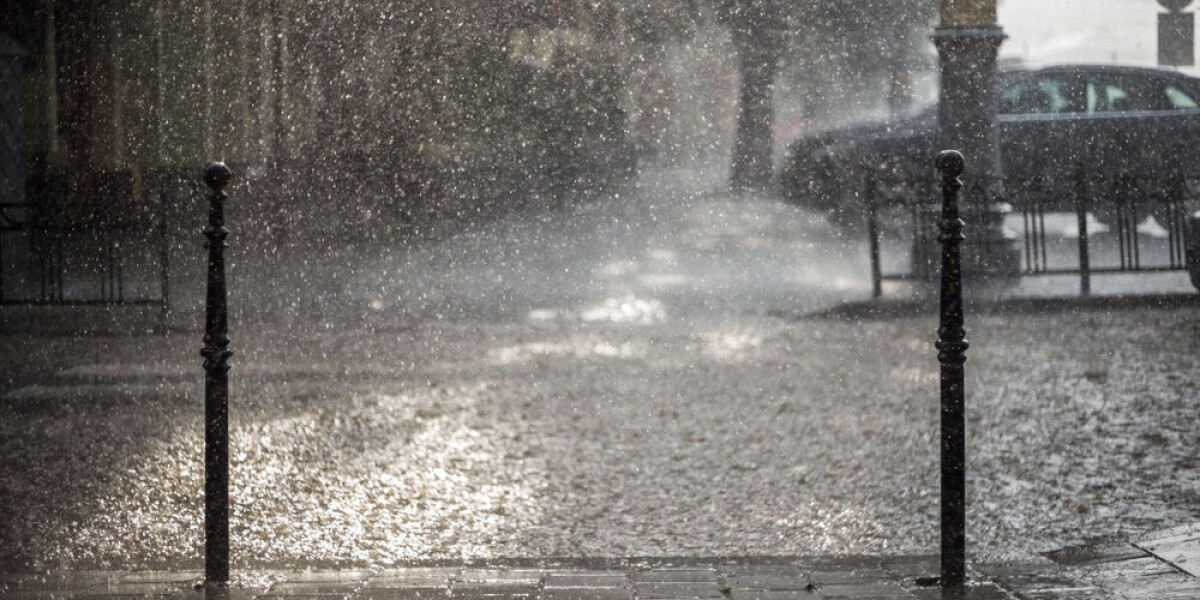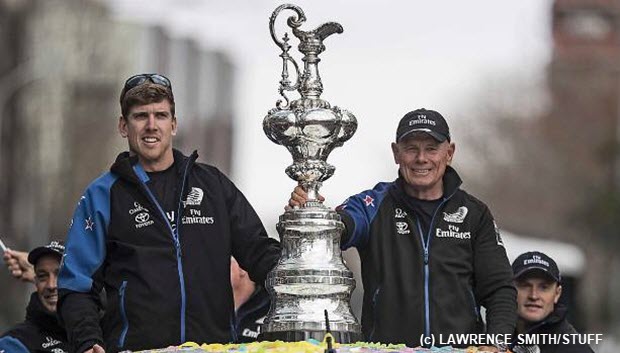
- Select a language for the TTS:
- UK English Female
- UK English Male
- US English Female
- US English Male
- Australian Female
- Australian Male
- Language selected: (auto detect) - EN
Play all audios:
Tomorrow marks the 1000th episode of _In Our Time_, one of the best programmes on Radio 4. Superbly presented by Melvyn Bragg and produced by Simon Tillotson, the programme has been running
for almost 25 years, since 1998. In many ways, _In Our Time _follows Bragg’s time at _Start the Week _(1988-98), which towards the end was listened to by more than one a half million
listeners and had a reputation for serious-minded discussions with guests that included philosophers, scientists, writers and historians, such as Bernard Williams, Adam Phillips, Robert
Darnton and Harold Pinter. The biggest difference between _Start the Week _under Melvyn Bragg and _In Our Time_, is that _Start the Week _consisted of discussions with a wide range of guests
discussing a wide range of subjects. By contrast, _In Our Time _usually features three academics discussing a single subject over forty-five minutes, from Einstein and Jupiter to _Oedipus
Rex_, Louis XIV and Walt Whitman. The 1000th episode will focus on Ingmar Bergman’s most famous film, _The Seventh Seal_. Many guests have appeared several times, including the Dickens
specialist John Bowen from York, the 19th century historian Lawrence Goldman, the Astronomer Royal, Martin Rees, and the Cambridge classicist, Professor Paul Cartledge. What is so special
about Bragg as a presenter is that he has no time for middlebrow chat. He takes each subject seriously, is superbly briefed by his production team, and seems extraordinarily at home in a
remarkable range of subjects, from 19th century slave uprisings such as the Morant Bay Rebellion to the films of Fritz Lang, or from ancient historians to John Donne and Rawls’s theory of
justice. Lord Rees paid tribute to Bragg’s passion for science on Monday’s _Today _programme. It is hard to think of any other arts broadcaster with such a range of interests. Bragg made his
name working on such famous arts programmes as _Monitor_, _Read All About It _and, of course, _The South Bank Show_. But from the late 1980s he broadened out, first on _Start the Week_,
then on _In Our Time_, to include discussions on history, science, religion and philosophy as well as literature and the arts. One of the other attractions of _In Our Time _is not just the
range of subjects, but how many are not that well-known. Recent programmes have taken on “The Great Stink”, which refers to the stench of sewage that pervaded London in the hot summer of
1858; the 16th century Danish astronomer Tycho Brahe, who paved the way for Galileo and Kepler; Tang Era poetry; and Demosthenes’ _Philippics_. Similarly, some guests are well known outside
their fields, others less so. The contributors discussing the Bauhaus were Michael White at the University of York, Robin Schuldenfrei at the Courtauld Institute of Art and Alan Powers at
the London School of Architecture. The specialists who spoke about Plato’s Atlantis, the fictional island mentioned in his dialogues _Timaeus _and _Critias, _were Angie Hobbs at the
University of Sheffield, Edith Hall from Durham University and Christopher Gill from the University of Exeter. On another occasion, Kate Cooper at Royal Holloway, Candida Moss at Birmingham
University and James Corke-Webster spoke about different aspects of Early Christian Martyrdom. There is no bias towards Oxbridge or American and British academic superstars such as Mary
Beard, Robert Macfarlane or Simon Schama. Bragg and his team simply try to find the leading authorities on the subject. The rise of _In Our Time _is part of the transformation of the 9 am
slot on Radio 4 with programmes like _The Life Scientific _with the physicist, Professor Jim Al-Khalili, and _More or Less _with the journalist and author, Tim Harford. On the other hand,
_Desert Island Discs _and _Start the Week _have both sadly gone into decline and the ratings for the _Today _programme have fallen. When Bragg moved from _Start the Week _to _In Our Time _in
1998, he told _The Guardian, _“I gave it about six months,” he recalled. “We were asking top-class academics to talk at the top of their form about a single subject – no book plugs
allowed.” In the 25 years since it started, Bragg has established the programme as perhaps the best thing on Radio 4, or indeed on any British radio station. Just as important, he has
confirmed his own reputation as one of the greatest broadcasters in history. He and his team deserve all the accolades they will receive this week. Few in our time have done as much to
educate the nation. A MESSAGE FROM THEARTICLE _We are the only publication that’s committed to covering every angle. We have an important contribution to make, one that’s needed now more
than ever, and we need your help to continue publishing throughout these hard economic times. So please, make a donation._








